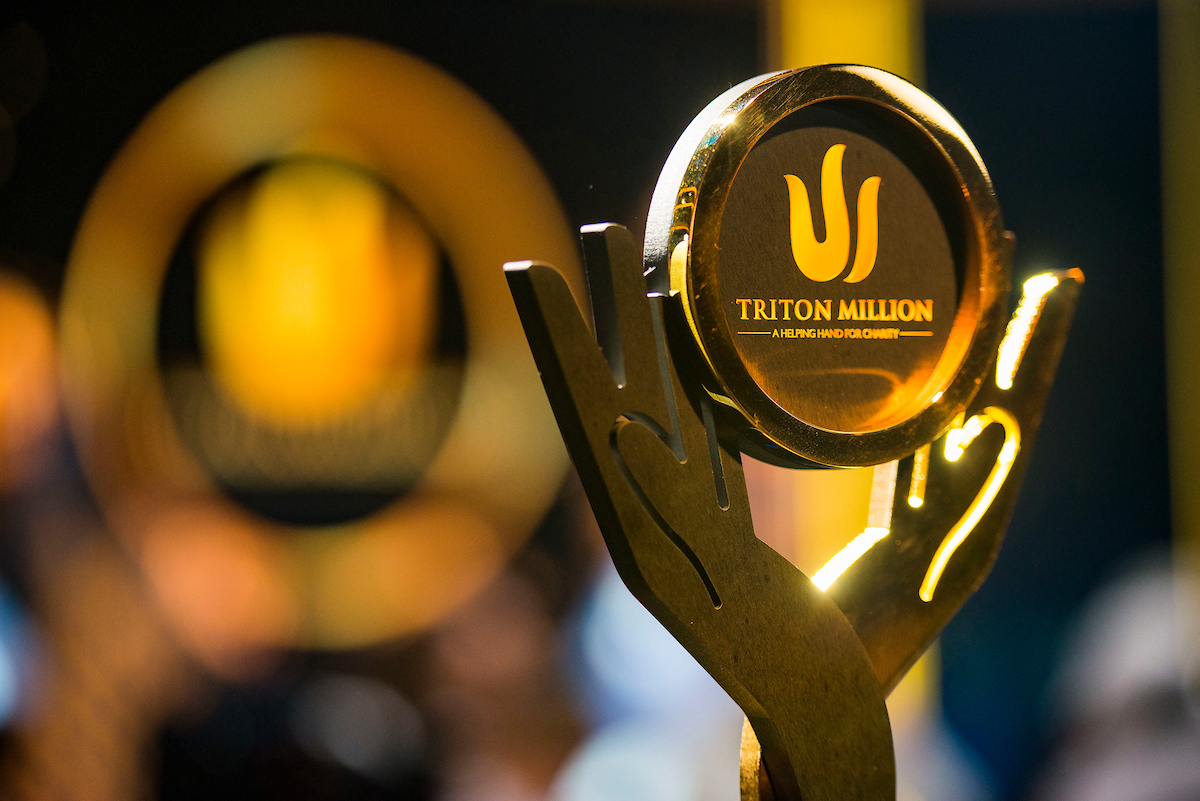The Triton Million – A Helping Hand for Charity is about much more than just the biggest buy-in and first prize in tournament poker history. In fact, in his introductory speech to the event earlier this week, Triton co-founder Paul Phua said the first priority when organising this spectacular tournament was its unique charitable aspect.
Don’t forget, the £50,000 entry fee appended to each £1 million buy-in goes directly to charity—that’s a helping hand worth at least £2.7 million.
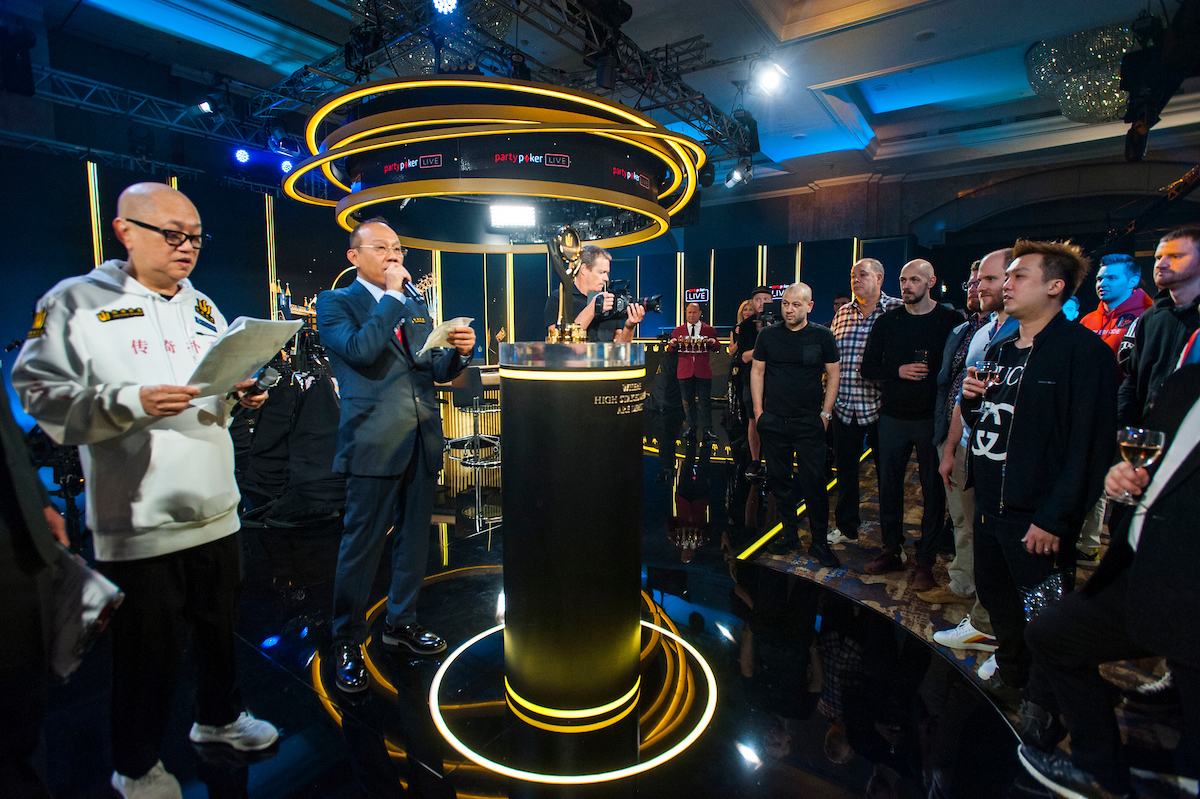
Though Triton has long-established charity partners in south-east Asia, the company sought new, additional causes to support as the tour came to Europe. Donations from this week’s tournament will also be heading to the Germany-based REG charity – short for Raising for Effective Giving – and also Overcoming Multiple Sclerosis, based in the UK, which aims to help people affected by the degenerative neurological disease.
REG is especially well-known in the poker community having been founded in 2014 by the prominent pros Liv Boeree, Igor Kurganov, Phil Gruissem and Stefan Huber. Other players, including the 2014 World Champion Martin Jacobson and poker’s leading money earner Justin Bonomo, regularly pledge a percentage of their winnings to the charity.
REG seeks to apply the kind of logic and reason that has made its founders top poker players to the world of philanthropy. It specifically seeks charitable endeavours that are proven to be the most effective – sometimes looking in stark and emotionless detail at things like the number of lives that can be saved per dollar of donation.
Boeree said: “When we choose to donate, there are so many different choices, so many problems in the world, which have many different solutions and many different charities working on those solutions. It can be really hard to know which is the most effective thing you can pick. What REG does is it looks at all the evidence out there and asks ‘What are the biggest problems? What are the most urgent problems? And most importantly, what are the most neglected problems?’”
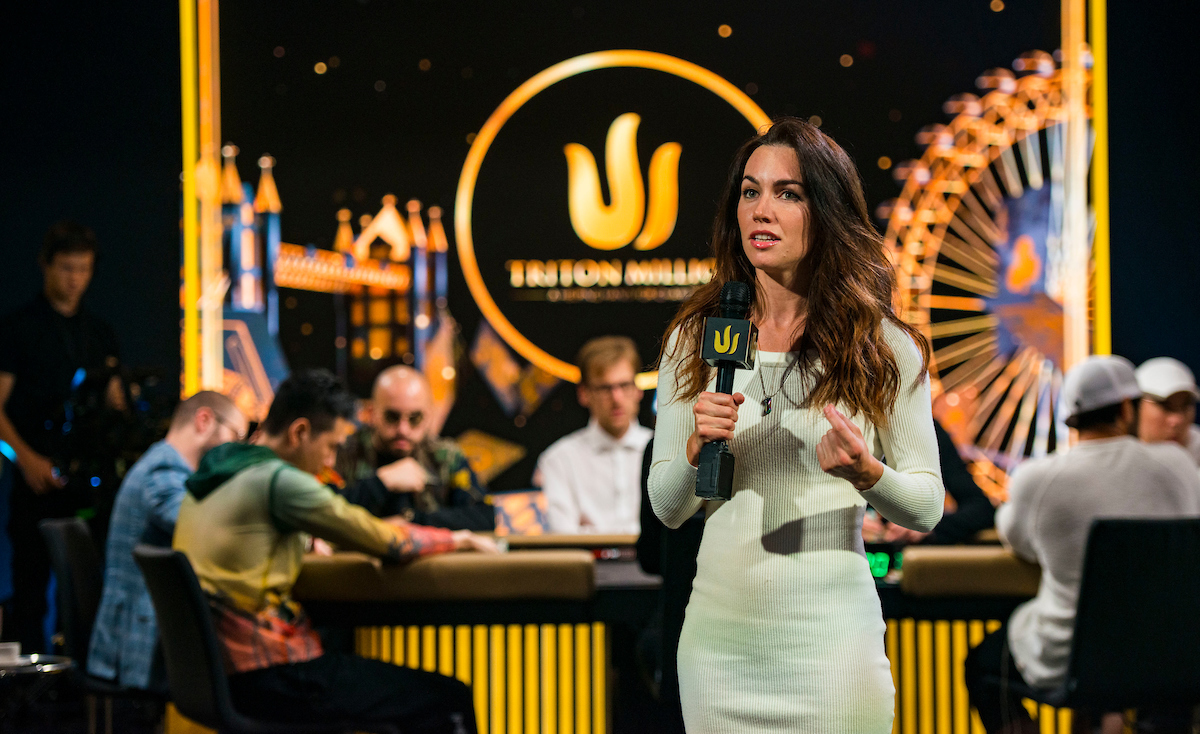
She added: “It’s relevant to poker players because poker players get the importance of things like ROI [return on investment]. We don’t just sit down in any old game, you think about it first and you make strategic decisions with your chips, where to bet, who to bet against, and so on. You want to achieve your maximum ROI. When we donate to charity, we should be thinking in a similar way.”
Boeree said that Triton is a perfect fit to partner with REG because Richard Yong and Paul Phua, the Triton co-founders, immediately understood the charity’s guiding philosophy. “It’s testament to it that Paul and Richard get it,” Boeree said. “They completely agree…It’s such an honour. To me the biggest win is getting someone to understand the concepts of what we’re trying to do.”
(See below for a full interview with Boeree on the subject of REG.)
Overcoming Multiple Sclerosis (OMS), based here in London, aims to inform, educate and empower the estimated 2.5 million people in the world who live with M.S. The disease, which affects the body’s central nervous system, can cause life-changing symptoms like extreme fatigue, numbness, tingling, tremors, slurred speech and loss of balance and muscle co-ordination, loss of vision and, in the worst case, paralysis.
There is currently no cure, but OMS aims to help people with the disease not spend the rest of their lives as hostage to their condition. Gary McMahon, the charity’s CEO, said, “Overcoming MS aims to educate, support and empower everyone who is diagnosed with MS. We want people to live well with MS, by adopting evidence-based, positive lifestyle changes including a plant-based diet, regular exercise as well as medication and mental wellness.”
OMS offers a wealth of resources, including books and free information packages containing everything from exercises, recipes and guided meditations. It also supports an extensive community of people with personal experience of either having MS or working in a support role.
“We are very grateful to all our sponsors, fundraisers and donors for their invaluable support in helping us deliver and raise awareness of our free resources and active community,” McMahon added.
LIV BOEREE, CO-FOUNDER OF REG, ON THE CHARITY’S MISSION
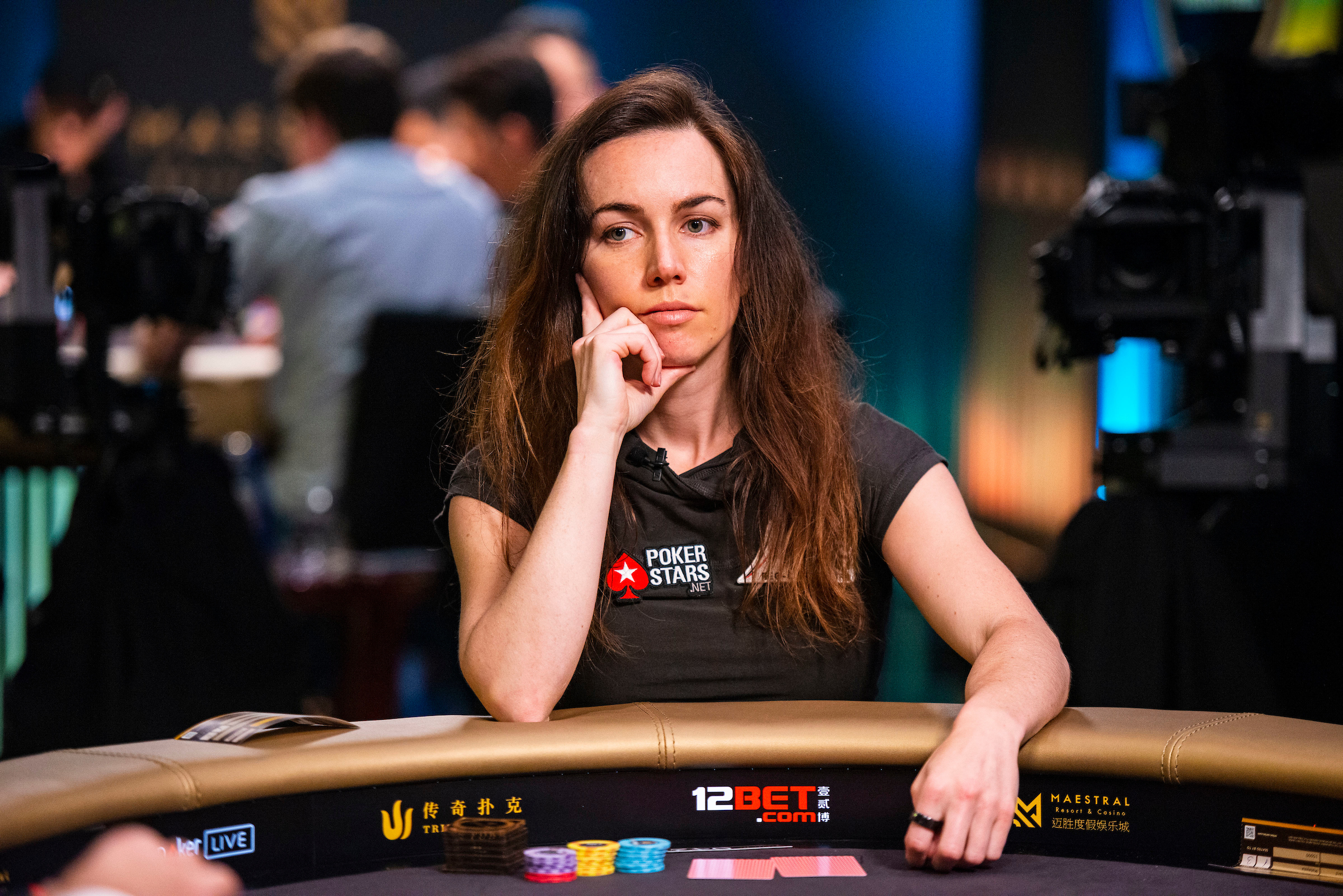
What’s the principle behind REG?
REG is an advisory service for people who want to achieve the maximum amount of good with their donation. When we choose to donate, there are so many different choices, so many problems in the world, which have many different solutions and many different charities working on those solutions. It can be really hard to know which is the most effective thing you can pick. What REG does is it looks at all the evidence out there and asks “What are the biggest problems? What are the most urgent problems? And most importantly, what are the most neglected problems?”
Some things, like cancer for example, it’s obviously a very big problem and it affects so many people. But compared to other things that can also kill as many people, it’s very well funded in terms of research. On the other hand some things are extremely neglected. They get one thousandth of the funding and yet could potentially kill as many people. So that’s what REG, and this general philosophy of effective altruism is looking to figure out, to find those opportunities.
How does it work?
It’s an advisory service where we say, ‘We recommend you donate to one of these five places.’ [There are often more, but five is an example number.] It also acts as a transfer service. We facilitate the donations, because it’s not often easy for people if they don’t have the right tax code or whatever. It takes zero percent. It doesn’t take any fee or anything like that. REG itself is purely funded by us, who choose to donate to keep it running. It doesn’t have that many overheads anyway. So basically, it looks for what are the biggest problems in the world, what are the most neglected of those problems, and prioritises the ones that are the most neglected.
What’s an example of that?
The outcome is usually things like malaria. There’s one particular charity that provably can save a human life for $4,000. So literally every $4,000 you give to that charity, you are saving someone from dying. That’s how it works out. You compare that to many other charities and it may be millions of dollars to save a life.
Why is REG particularly relevant to poker players?
It was founded by poker players: me, Igor [Kurganov], Phil Gruissem and Stefan Huber. I think it’s relevant to poker players because poker players get the importance of things like ROI [return on investment]. We don’t just sit down in any old game, you think about it first and you make strategic decisions with your chips, where to bet, who to bet against, and so on. You want to achieve your maximum ROI. When we donate to charity, we should be thinking in a similar way. You have a limited number of chips that you’re ever going to give and it would be really silly to go and donk them all off on a bet where actually you might have a barely positive ROI. Especially compared to a situation where you might have 1,000 percent ROI. It’s that kind of business-type mindset, a strategic mindset.
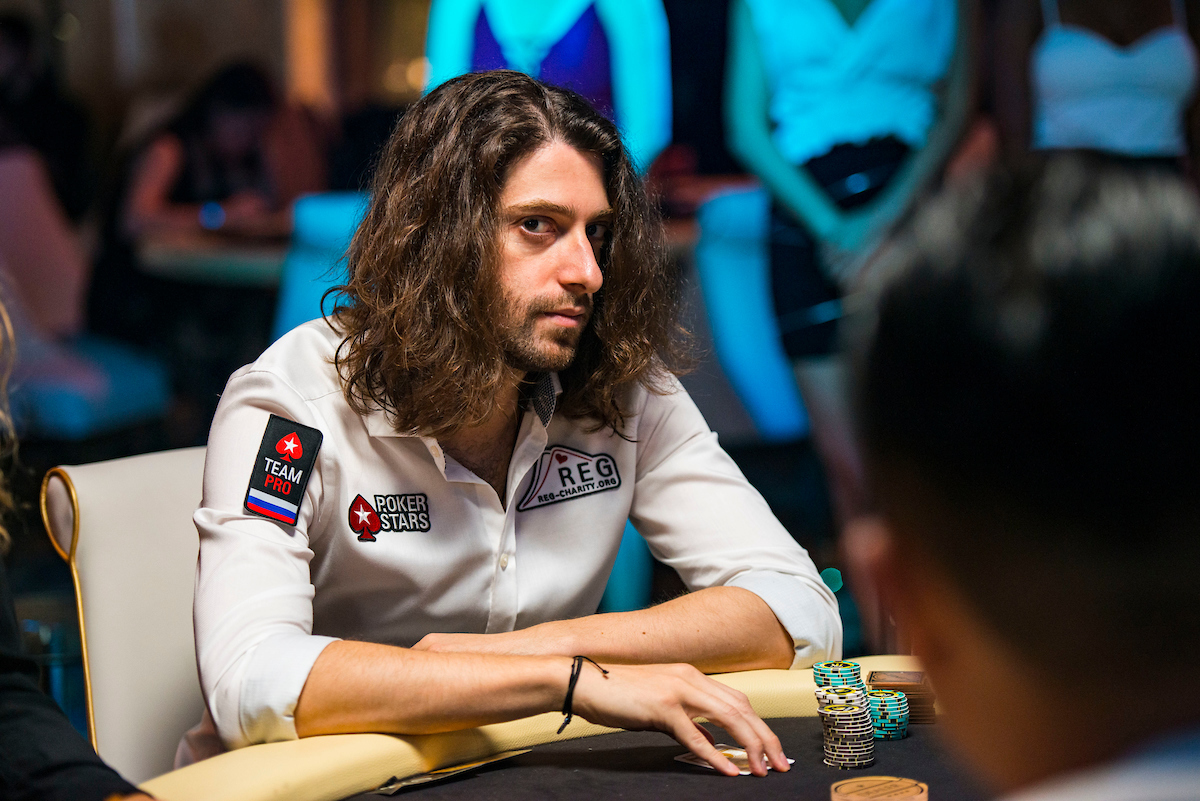
On top of that, charity has always been a thing that people think has to be emotion based — go with your heart, what your heart says — but you would never do that with your business. You would never do that in many things. In medicine. You’d never go with your heart on what you think’s going to be the best thing for a patient. You look at evidence and reason. Philanthropy should be the same. These are the highest stakes you can be playing: you’re trying to save lives, trying to save the future of humanity or the environment or whatever you’re looking at. It’s important to involve your heart to the extent that you want to take joy from giving, but the decision needs to come from your head. And poker players get that. We know that our intuitions aren’t perfect and that really sometimes you just have to sit down and do the numbers. It’s the same with philanthropy.
How did it come about?
We met with these guys who are professors, they are data scientists and philosophers, and they have realised how neglected some of these highly important causes are. And how we need to raise funds for them. But we need to convince people, who are likely to have the funds to give and are likely to understand the logical arguments for this, and we think poker players are good for this. They’re logically-minded people, on average. That’s why they pitched it to us and it resonated. We thought the rest of the poker world would get it too.
What does Triton’s contribution mean to REG?
It’s such an honour, first of all. To me the biggest win is getting someone to understand the concepts of what we’re trying to do, because they’re not the easiest things to get. It’s not an easy, fun, sexy sell, explaining about expected value of life saves. People just want to see the happy child’s face. But no, this takes the emotion out of giving, to an extent. It’s testament to it that [Triton co-founders] Paul [Phua] and Richard [Yong] get it. They completely agree. Even though we don’t know some of the south east Asian charities they have picked, they used the same sort of framework. They wanted to pick the most effective charities in Asia. It’s really amazing to see those principles have been adopted by them too. So we feel that we’ve done a good job when we’ve explained the concepts to them and they appreciate the decision-making process that goes into them.
What projects are ongoing at the moment?
We’re working with The Forethought Institute and the Against Malaria Foundation. That’s where the donations from Triton will be going.
Photography by Joe Giron/PokerPhotoArchive

